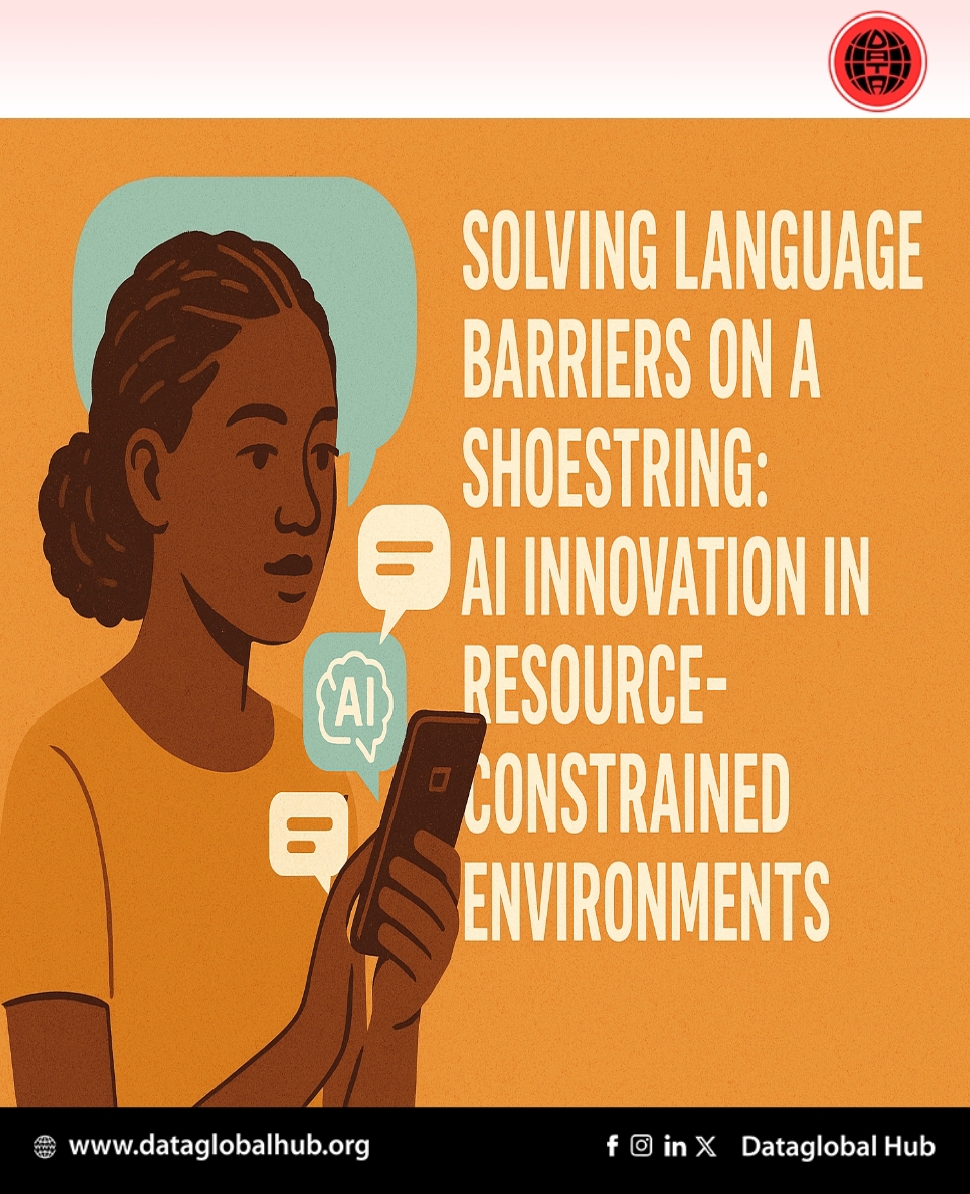
Solving Language Barriers on a Shoestring: AI Innovation in Resource-Constrained Environments
Translate this article
In the podcast episode "How to Build Effective LLMs When Both Basic Infrastructure and Model Training Data Are Lacking" Olimpiu Pop sat down with Jade Abbott, CTO and co-founder of Lelapa AI, to explore the innovative solutions emerging from resource-constrained environments. As they discussed, the African continent, in particular, is often plagued by basic infrastructure shortages, which can actually spur creativity and push the boundaries of artificial intelligence.
At its core, effective communication is the lifeblood of human society. Yet, even when we share a common language, we often struggle to convey our messages accurately. AI has the potential to revolutionize communication, enabling seamless understanding across linguistic and cultural borders. However, to achieve this, we need to overcome the challenges posed by limited resources and infrastructure.
One of the most significant hurdles is the scarcity of model training data. In regions where language is not yet formally written, the data required to train large language models (LLMs) may be non-existent or severely limited. This lack of infrastructure can actually become a catalyst for innovation, as experts like Abbott are discovering.
Abbott's company, Lelapa AI, is pioneering the development of LLMs designed to function effectively in environments with limited resources. By leveraging the unique challenges posed by resource-scarce environments, they're finding novel solutions that can benefit the broader AI community.
In the podcast, Abbott shared insights on how Lelapa AI is addressing the twin challenges of basic infrastructure and model training data scarcity. The team is using novel approaches to collect and annotate data from local languages, which are often spoken but not written. This includes leveraging community engagement, social media, and even traditional storytelling methods to gather training data.
Abbott also highlighted the importance of collaborating with local communities and experts to develop LLMs that are tailored to their specific needs. By involving stakeholders from the outset, the team can ensure that their models are not only effective but also culturally sensitive and contextually relevant.
The conversation with Abbott underscores the potential for AI to drive positive change in resource-constrained environments. By embracing the challenges posed by limited infrastructure and model training data, experts like Abbott are unlocking innovative solutions that can have far-reaching benefits for global communication.
As we continue to push the boundaries of AI, it's essential to recognize the valuable contributions being made by innovators like Abbott, who are harnessing the power of technology to drive progress in regions often overlooked by the global tech community. Click here to read the full podcast transcript.
About the Author
Simba Gondo
Recent Articles
Subscribe to Newsletter
Enter your email address to register to our newsletter subscription!